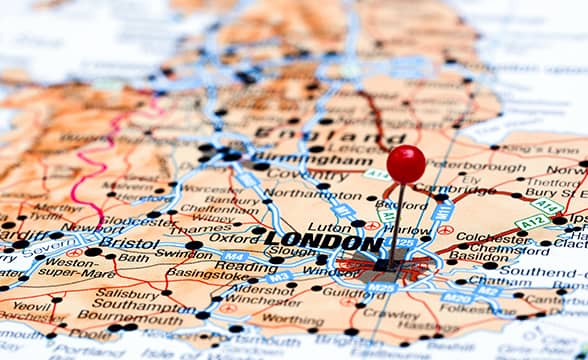Gambling harm continues to be one of the most discussed topics in the contemporary gambling industry. Different people react differently to addiction. Some may resort to theft in order to fuel their habits. Others, however, find a tragic end, resorting to taking their own lives. Britain’s National Health Service is aware of that and urged the industry to be more responsible.
The NHS Is Concerned with Gambling Suicides
Yesterday, The Times reported that an increase in gambling addiction among young men has led to a severe increase in suicidal tendencies. The NHS noted that a total of 599 patients have sought help within the past six months, representing a concerning 42% year-on-year increase. Even more concerningly, one in three patients has attempted suicide, according to the Service. In addition, estimates put the number of annual gambling-related suicides at around 400.
Dr Matthew Gaskell, NGS Northern Gambling Service’s clinical lead believes that the NHS should change its tactics when dealing with addiction. He noted that a large majority of problem gamblers are young men in their thirties who became addicted because of in-play betting.
Gaskell believes that understanding the patient is critical to helping them. Because of that, he advised people in treatment services to inquire about patients’ gambling habits and behavior. Furthermore, Gaskell believes that levies should be imposed on the gambling industry, which is de facto responsible for this harm. He is among the many who believe that the sector must be taxed with taxes going for gambling research, education and treatment.
Claire Murdoch, mental health director at the NHS, emphasized that experts are still studying the phenomenon of problem gambling. While Britain has fairly low problem gambling rates compared to other regulated markets, there are still about 2.2 million who are either problem gamblers or vulnerable to harm. Murdoch noted that online gambling has definitely had a negative impact on problem gambling rates.
Many Support Reforms
At the beginning of 2022, NHS vowed to stop taking money from the gambling industry and subsequently ended its agreement with GambleAware. The Service wanted to achieve full independence from the industry and its lobbying in order to better protect customers.
However, the current system still has its shortcomings and people in treatment often overlook mental health issues that are often the reason behind addictive behavior. In any case, poor mental health is a leading reason for suicides, which is why it’s imperative the NHS tackles the issue.
Many believe that the current gambling research, education and treatment system should be overhauled. Among these people is Gambling with Lives, a charity organization led by people who have lost a relative to gambling suicide. The charity is adamant that the industry must at least pay levies to make up for the damages it causes.
Britain’s Betting and Gaming Council, a trade union representing the industry, does not necessarily agree with the criticism of those who oppose gambling. The council pointed out that the most influential operators in Britain already provide millions of pounds to RET programs, in stark contrast to the alcohol industry which is indifferent to the damages it causes. In addition, the BGC said that many operators have adopted safeguards aimed at protecting minors from harm.
Meanwhile, the whole industry and its opponent continue to impatiently wait for the release of the white paper which will revolutionize gambling in the country.


